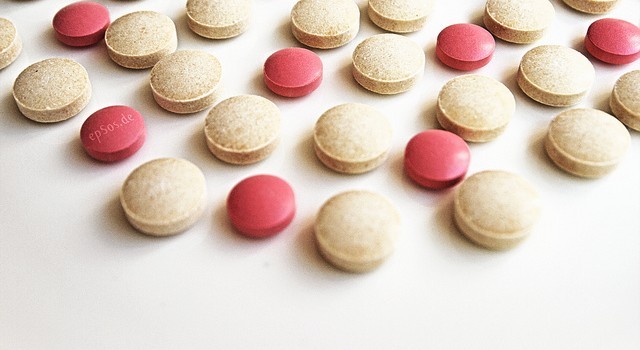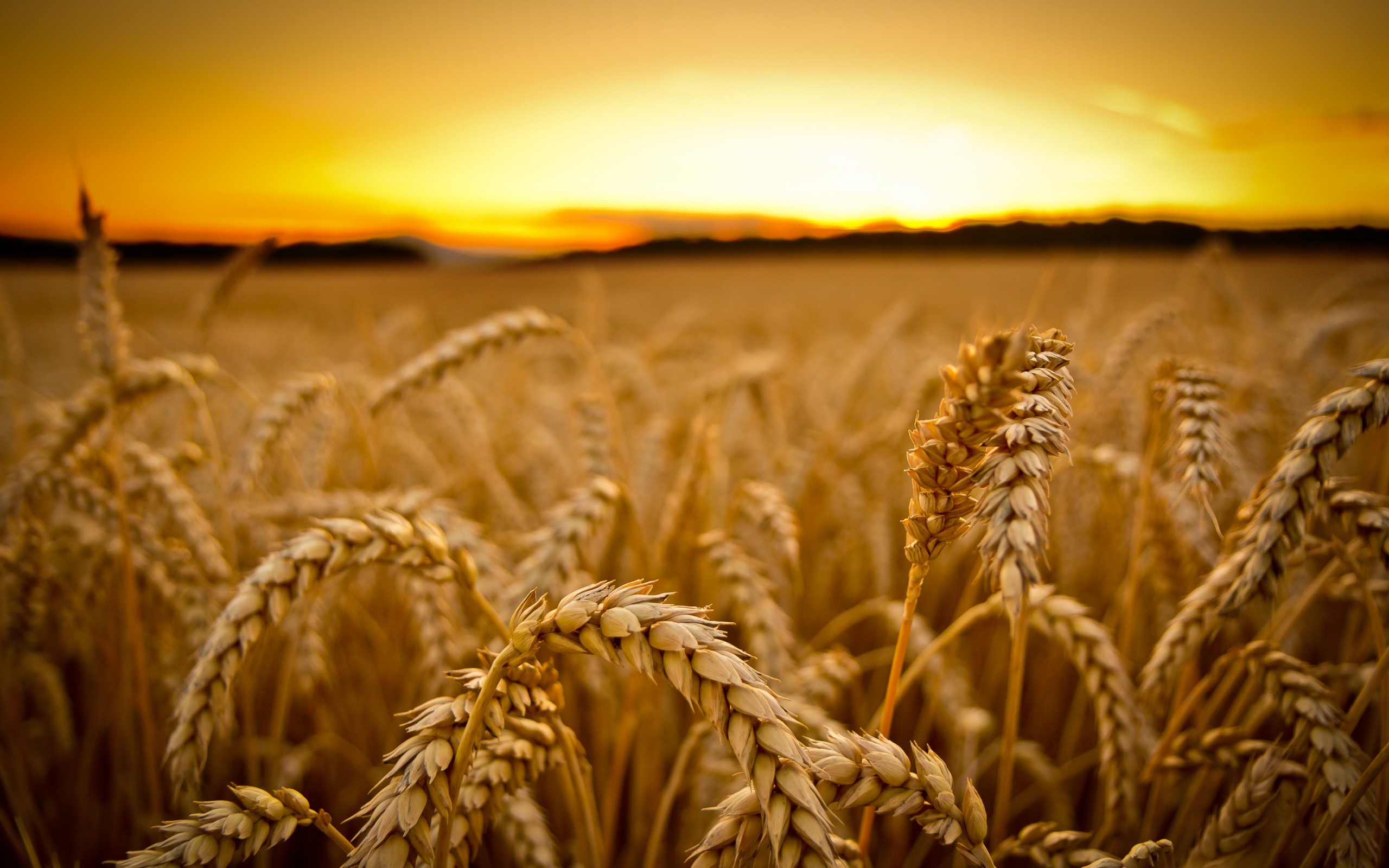Studies describe the state of global health by measuring the burden of disease – the loss of health from all causes of illness and deaths worldwide. They detail the leading causes of deaths worldwide and in every region, and provide information on more than 130 diseases and injuries across the world. The List possibly could go on as people also progress and a lot of scientific studies be conducted.
“Fire is what set us apart. But that fire is on the verge of burning us.”
Living in the modern world is making us sick. That’s the conclusion drawn by Dr. Pedram Shojai, OMD after many years of treating patients for the same lifestyle-induced illnesses, over and over again. This realization inspired him on a four-year mission to produce a film that might help “wake us all up.”
Plugging Back into the Earth
“The bushman lives his life in nature… the earth, the sun, the wind. This is a wilderness person who respects nature. This is where we make our lives in order to live together with nature.” –!’Aru Ikhuisi Piet Berendse, Bushman and Activist
While we were developing as a species, we lived in tune with the earth, but that connection has been all but lost. Once we plugged into technology, we unplugged from our planet.
Most people feel profoundly different when they leave the city to spend just a few days in nature, gaining an appreciation of just how disengaged they've become. This is why grounding is so powerful.
As Above, So Below
What allowed us to pull to the head of the pack was fire, making it possible to grow bigger brains that gave us tools, then eventually science and technology. Our ability to wield fire put us into orbit and gave us the internet and all its benefits.
We became Top Dog—but also Top Bully. The unfortunate corollary to humanity’s greatness has unfortunately been tendencies toward arrogance and shortsightedness.
Humanity and Earth Cry Out… But Is Anyone Listening?
The US is now producing and importing 74 billion pounds of chemicals each day—that’s 250 pounds per person, per day. And that figure doesn’t even include pharmaceuticals, pesticides, fuels, and food additives. Most of these chemicals have never been tested for their effects on human health, yet we consume them daily. What on earth are we doing to ourselves?
In 2013, the International Agency for Research on Cancer (IARC), part of the World Health Organization (WHO), deemed air pollutants a class 1 carcinogen. It’s projected that air pollution will be the number one cause of death globally by 2050, largely because of our dependence on fossil fuels.
Six billion pounds of bisphenol-A (BPA) is produced each year, leaving our planet literally choking on plastics. BPA, phthalates, and other pseudo estrogens are hijacking our hormones, disrupting the endocrine function of our entire species.
Your Inner Ecosystem: The Interface with the World
There is no more poignant illustration of your connection to the world around you than your microbiome, or “inner ecosystem.” The long tube running through you from your mouth to your anus is the interface between you and the outside world, and the seat of your immunity—health and disease start in your gut. But this vital system is being severely disrupted by our modern lifestyle.
Infants are literally bathed in beneficial microorganisms during childbirth, which they receive from their mothers as they pass through the birth canal—it’s a baby’s “first inoculation,” potentially providing lifelong immunity.
Your DNA Is Largely Controlled by Your Gut Flora
An abnormal microbiome is a factor behind inflammation, food cravings, obesity, type 2 diabetes, autoimmune diseases, and many of the other chronic diseases seen today. When your gut flora is unhealthy, leaky gut syndrome can develop whereby food particles leach into your bloodstream where they can trigger allergic and inflammatory responses. An abnormal microbiome can also lead to depression and other emotional and physical problems, because your gut bacteria provide a significant source of your amino acids, vitamins and other important compounds. Three major ones are ATP, tryptophan and serotonin.
Beneficial bacteria also play an enormous role in your genetic expression—continuously helping flip genes off and on as you need them. Your genetic expression is 50 to 80 percent controlled by how you eat, think and move, and your genes change daily—if not hourly. You may be surprised to learn that 140 times more genetic influence comes from your microbes as from the DNA in your own cells. Your genes control protein coding, which determines your hormones, weight, fertility, mood and others.
Which Do You Choose—Food or ‘Edible Manufactured Products?'
Our biology adapted to a diet of wild plants and animals—wild vegetables, berries, nuts, roots, and game, which were MUCH higher in nutrients than our foods today. Our hunter-gatherer ancestors consumed nearly 100 grams of fiber every day, compared to the eight to 15 grams now consumed by the average Westerner. Food can be medicine or poison… the processed foods found lining grocery store shelves are not the foods we were designed to eat. Ninety percent of the average American diet is fake food out of a box, can, jar, or tube.
The foods many react adversely to are relatively new in our food supply—soy, gluten from hybridized wheat, corn, sugar, and highly pasteurized dairy, for example. These modern foods are foreign to your body, so it’s common to have problematic reactions, including inflammatory and autoimmune responses, which can lead to allergies, cardiovascular disease, cancer, and the list goes on and on. One of every four Americans now has type 2 diabetes or pre-diabetes.
Your Health Depends on Soil Health, and Our Soils Are Dying
Just as your gut houses a microbiome that’s critical for your health, our soils contain a microbiome critical to the health of the planet. Your health is directly related to the quality of the food you eat, and the quality of your food depends on the health of the soil in which it’s grown. As above, so below. In the rhizosphere, microorganisms form nodules on the roots of plants to help them take up minerals and other nutrients from the soil. Unfortunately, modern industrial agriculture (monoculture) destroys much of the soil’s microbiome. Heavy agrichemical use and GE crops rapidly destroy once-fertile soils that took centuries to develop. Removing the stress on a plant by dousing it with chemical fertilizers and insecticide cocktails causes it to become weak, producing less of the natural phytochemicals so vital for your health.
Your Future Depends on Your Choices Today
Many inroads have been made improving access to local and sustainable foods, but we still have a long way to go. Building a food system that relies heavily on locally grown foods is the answer to many of our global problems, from environmental destruction to hunger and disease.
Real food may seem more expensive, but it’s your primary health care, and cheap food isn't cheap when you consider the risk of extinction. As you’ve seen, nature isn’t “out there”—it’s in your own body, in your own home and all around you. All life on earth is inextricably linked. Every time you make a choice, you’re changing the world and influencing our future. The goal isn't to abandon technology and return to ancient times, but rather to harness technology for the betterment of all and proceed with mindfulness and reverence. As stated in the film, “The wisdom of the ancients is the medicine of the future.”
![]() Global health plays an increasingly crucial role in global security and the security of the U.S. population. As the world and its economies become increasingly globalized, including extensive international travel and commerce, it is necessary to think about health in a global context. Rarely a week goes by without a headline about the emergence or re-emergence of an infectious disease or other health threat somewhere in the world. The 2007 World Health Report notes that, “since the 1970s, newly emerging diseases have been identified at the unprecedented rate of one or more per year.” The Institute of Medicine’s 2003 report Microbial Threats to Health stresses that the United States should enhance the global capacity for responding to infectious disease threats and should take a leadership role in promoting a comprehensive, global, real-time infectious disease surveillance system.
Global health plays an increasingly crucial role in global security and the security of the U.S. population. As the world and its economies become increasingly globalized, including extensive international travel and commerce, it is necessary to think about health in a global context. Rarely a week goes by without a headline about the emergence or re-emergence of an infectious disease or other health threat somewhere in the world. The 2007 World Health Report notes that, “since the 1970s, newly emerging diseases have been identified at the unprecedented rate of one or more per year.” The Institute of Medicine’s 2003 report Microbial Threats to Health stresses that the United States should enhance the global capacity for responding to infectious disease threats and should take a leadership role in promoting a comprehensive, global, real-time infectious disease surveillance system.
Please Read this Article at Articles.Mercola.com
Photo Source: epSos .de





Leave a Reply